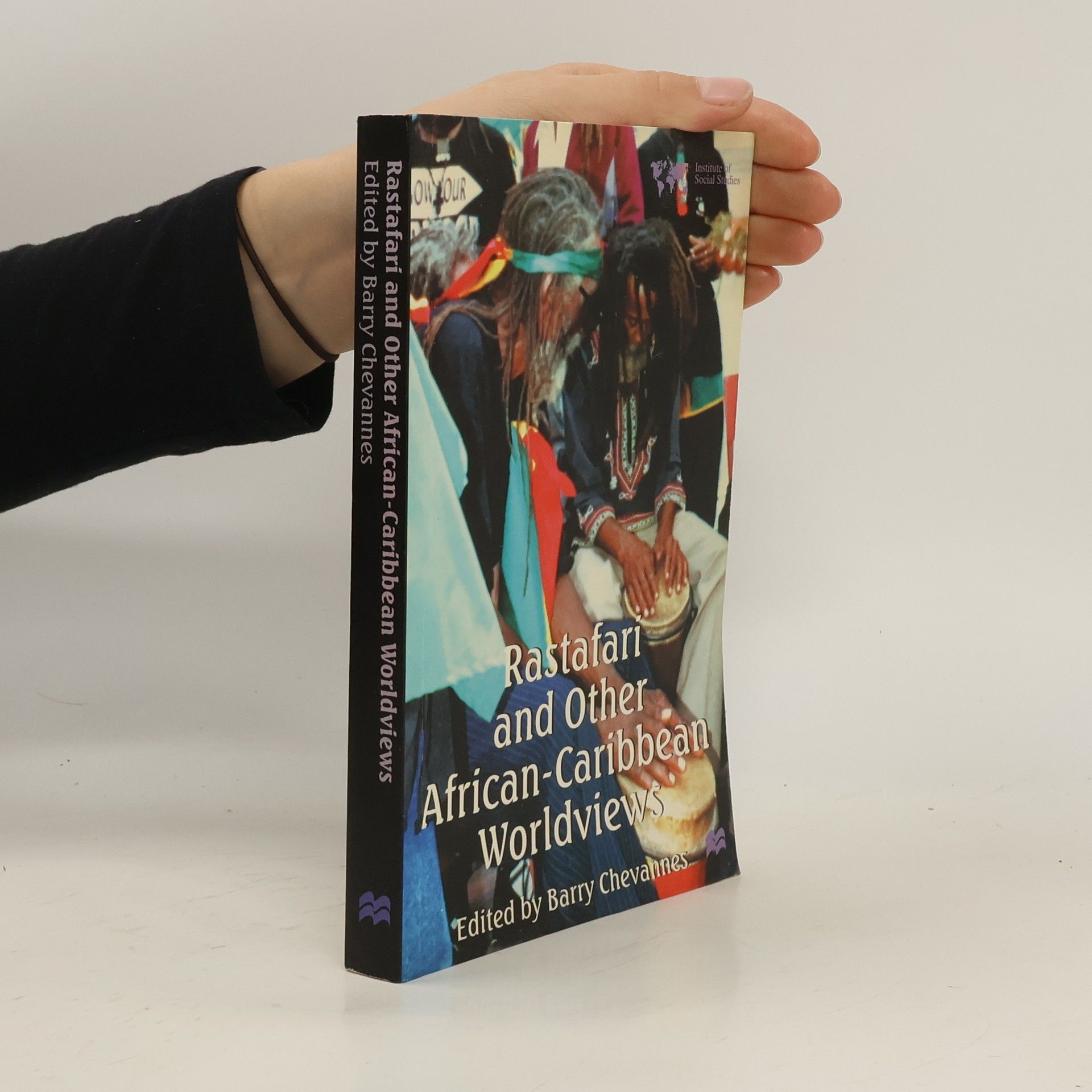By focusing on the worldview of Jamaican and other Caribbean peoples, this collection of essays explores the themes of cultural continuity and change between the Rastafari, on the one hand, and Revival, Ndyuka and Winti religions, on the other. A wide range of topics are covered: continuity between Rastafari and Revival, the origin and symbolism of the dreadlocks, the process of Rastafari integration into British society, the Gaan Gadu cult, home rituals, and the theoretical problems of African retention in the Caribbean.
Barry Chevannes Knihy
